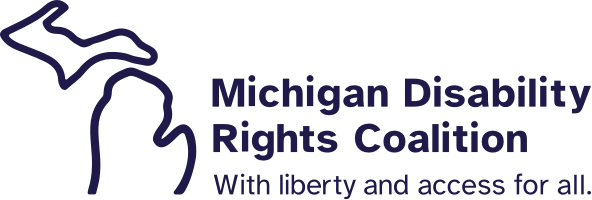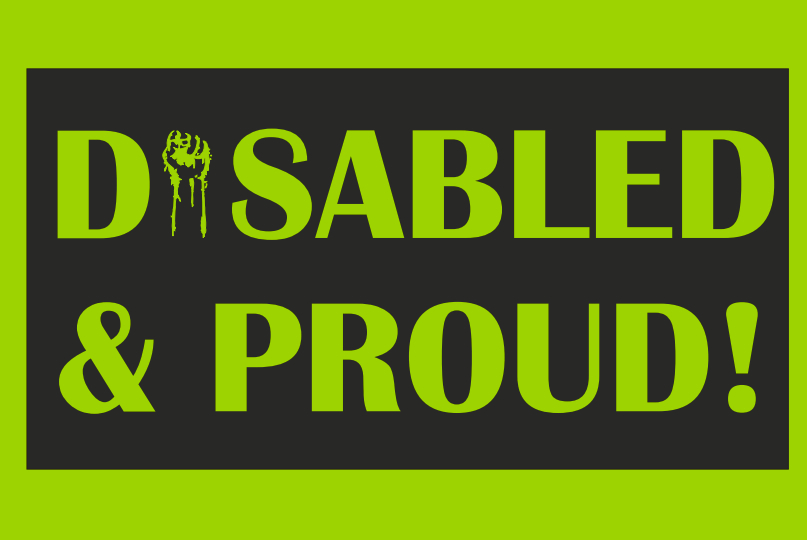Disability Pride
Thursday, August 10, 2017
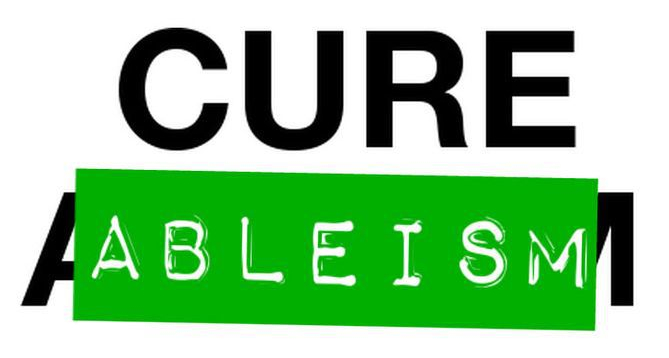
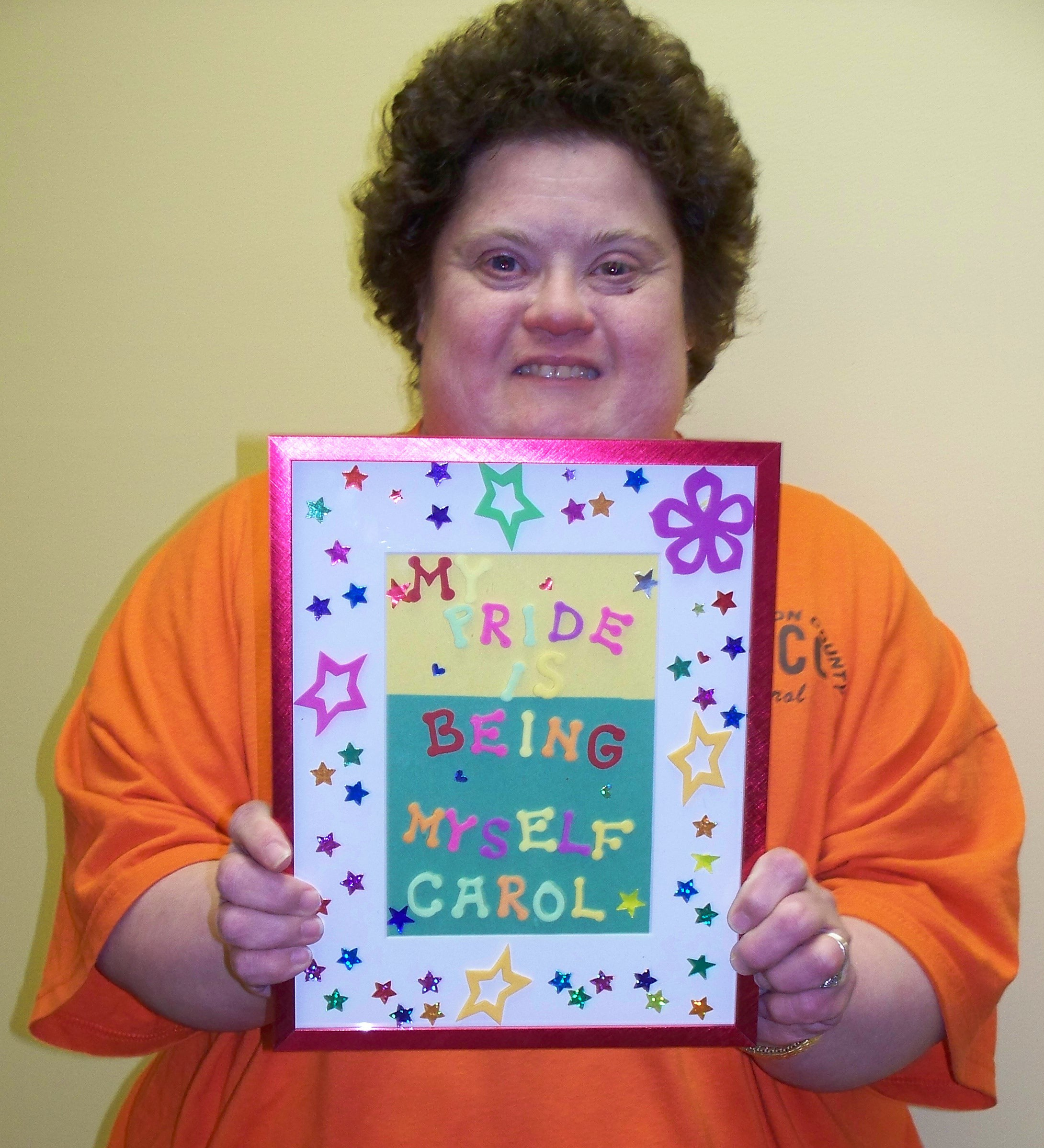
A woman at a disability pride seminar created her own disability pride poster– My Pride is Being Myself, Carol
By Aimee Sterk, LMSW, MATP Staff
Society urges people with hidden disabilities, like me, to deny we have a disability. From the time we are born, we are bombarded with messages that disability is a negative thing – something to be avoided and feared. Our society teaches us people with disabilities are less capable, less valuable, less important, and less desirable than people without disabilities.
Some people treat us with disdain, some avert their eyes, some look with pity or tell us they are “ praying” for us—looking at the lives of people with disabilities as inspiration—imagining themselves with a disability and imagining that it would be horrible. All of these undermine our personhood as people with disabilities. We are either saints worthy of admiration for just living our day-to-day life, or pitiful and worthy of shame.
As people with disabilities we hear, live, and breathe these low expectations and then incorporate these messages inside our very being, where negative emotions are turned inward, creating low self-esteem and poor self-confidence. These views have long lasting, detrimental effects on our mental health. When people do not acknowledge their disability, cannot accept and embrace it, aren’t aware of the disability community, and do not advocate for their needs, the result is a small life full of self loathing.
When we deny we have a disability or believe that our disability is something negative, this can keep us from advocating for ourselves, accessing assistive technology (AT), and asking for accommodations that we need for full participation. I’ve felt guilty about my needs and kept quiet to my own detriment, putting off using AT that helps me.
Many programs exist to meet our needs, but they often do so from a charity model, with a “ pity” focus, making the person with a disability into a recipient of services instead of an active, vibrant part of the community who has a legitimate need for supports, assistive technology, and accommodation.
Organizations that operate out of a charity model or service model see people with disabilities’ lives as tragedies. In these organizations, the staff and administration are people without disabilities making decisions on how to best serve the needs of people with disabilities.
Disability pride is the belief that disability is a natural and beautiful part of human diversity. Disability pride stands in direct opposition to ableism. Just as someone can be proud of being a man, woman, culturally diverse, or any other unique identity, one can also embrace their disability as part of their identity. With disabilities, there are barriers and oppression. There are also barriers and obstacles and oppression that result from being a woman, black, or lesbian. That doesn’t mean people with disabilities would rather become people without disabilities. I was recently with a group of colleagues meeting with someone without a disability and he said “of course no one wants to have a disability.” I didn’t even know how to respond at the time, but looking back, to me that is akin to saying “of course, no one wants to be a woman.” While I have experienced discrimination based on disability and based on gender, I do not wish away being a woman or being disabled. They are both part of who I am. I am a proud disabled woman.
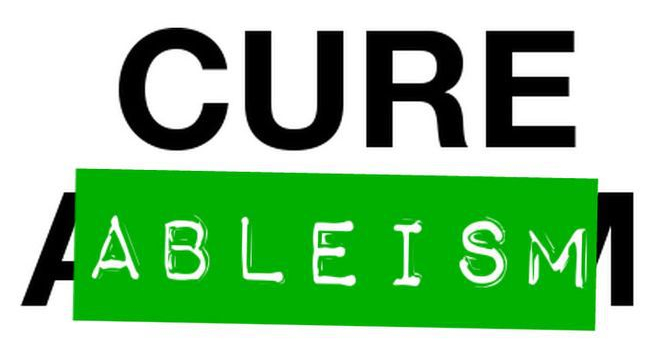
There are many benefits to disability pride including: 1) higher self-esteem and self-confidence; 2) a sense of belonging and community with other people with disabilities; and 3) increased belief in interdependence and advocacy for accommodations. Individuals who find disability pride are more likely to be included in the community and successful in their lives, housing situations, places of employment, educational settings, personal relationships, and their community.
I’m ready and working to live in a different way. I have seen the gifts of my disabilities including being part of a greater community of people with disabilities, developing practices that have deepened my faith and connectedness, having a deeper understanding of myself and compassion for others, building my creative problem-solving skills, and building my resilience. My disabilities are a part of who I am and how I live my life. As I learn to love all of myself, I seek organizations that also provide services in a way that does not reflect pity or charity thinking. I work to change systems to build inclusive communities that support all of our gifts and talents. I also surround myself with people who love and support me and other people with disabilities who have disability pride. This is good, lifelong, important work.
